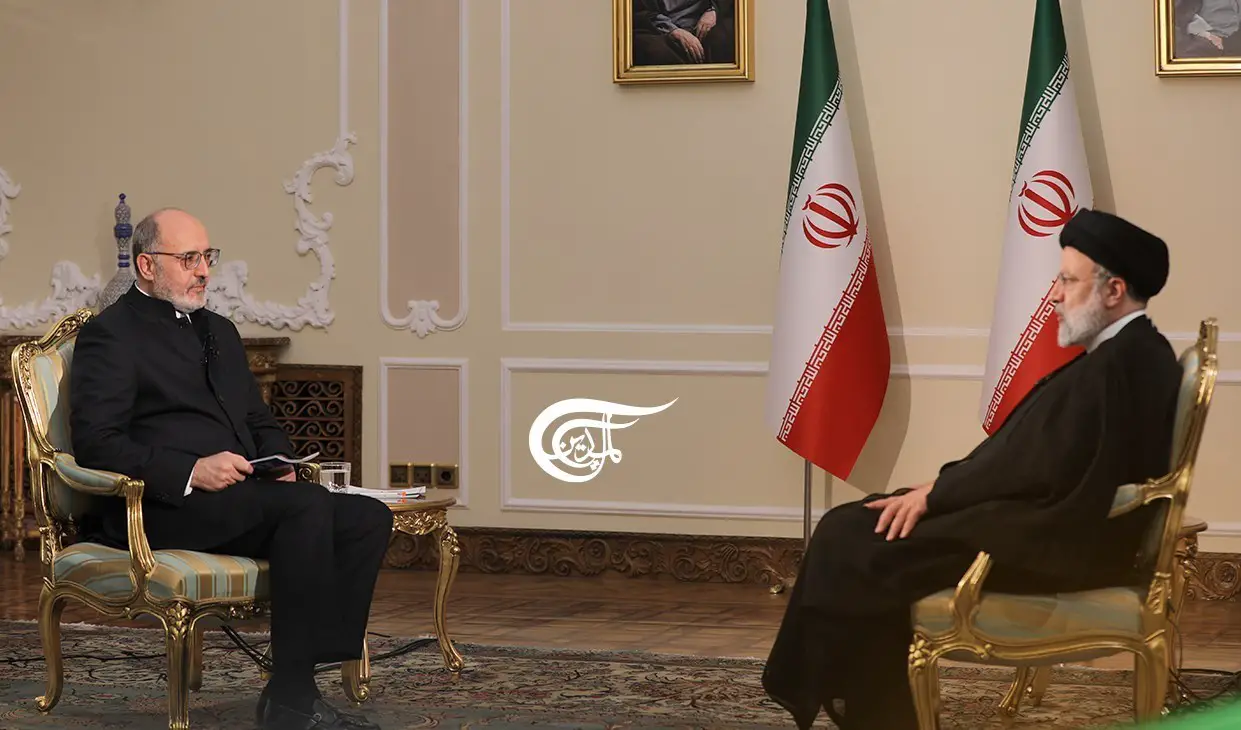Introduction
Iranian politics have been significantly influenced by the president, Ebrahim Raisi (Died in a helicopter accident), particularly in regards to Iran’s foreign policy against Israel. Significant worldwide discussion and attention have been generated by his words and deeds toward Israel. In order to comprehend Raisi’s threats against Israel and the significance of his role in this situation, we need to look at his history, political beliefs, and Iran’s larger geopolitical game plan.
Who is Ebrahim Raisi?
In 2021, ultra conservative cleric Ebrahim Raisi became the president. He was the head of Iran’s judiciary in addition to holding various other important posts in the judiciary before to becoming president. Raisi was well-known for his stringent application of Islamic law and for his involvement in some of the most contentious incidents in modern Iranian history, such as the 1988 mass execution of the political prisoners.
Raisi’s Ideological Stance
The fundamental ideas of Islamic Revolution of 1979—which toppled the Shah and created the Islamic Republic of Iran—are the foundation of Raisi’s political philosophy. Israel was portrayed by the revolution’s leaders, Ayatollah Khomeini among them, as a serious enemy, labeling it the “Zionist regime” and demanding its overthrow. With Raisi among its most ardent supporters, this fundamental worldview still shapes Iran’s foreign policy.
Why Does Raisi Threaten Israel?
1. Historical Enmity
Since the Islamic Revolution, there has been hostility between Iran and Israel. The Iranian leadership sees Israel as an outpost of the West in Middle East and as an illegal state. Similar to his predecessors, Raisi views the opposition to Israel as an ongoing revolutionary struggle against forces he perceives as imperialist.
2. Regional Influence
Iran desires to rule the Middle East as the leading nation. By putting itself in opposition to Israel, Iran hopes to enlist the aid of other nations and non-state entities in the area, including the Shia militias and Hezbollah in Lebanon. Even if Israel’s relations with some Arab states have recently normalized, this resistance is still felt by some Arab groups.
3. Nuclear Ambitions
One major topic of concern is Iran’s nuclear program. Israel considers Iran’s nuclear program to be an existential threat, despite Iran’s insistence that its nuclear activities are peaceful. Tehran’s tactic of using strong rhetoric as leverage is reflected in Raisi’s frequent threats during pivotal points in the nuclear negotiations.
4. Domestic Politics
Raisi increases the support he receives from conservative Iranian elements by adopting a tough posture against Israel. With the image of a formidable leader protecting Islamic principles and Iranian sovereignty from foreign foes, this strategy aids in the consolidation of his authority at home.
Raisi’s Importance in the Geopolitical Landscape
1. Consolidation of Power
Hardliner control over all sectors of Iranian government was established with Raisi’s election, which was a major departure from Hassan Rouhani’s comparatively moderate leadership. Due to its indication of a more assertive foreign policy posture, this consolidation has consequences for both domestic and international relations.
2. Potential Successor to Supreme Leader
Raisi frequently cited as a possible Ayatollah Ali Khamenei (the Supreme Leader of Iran) successor. His significance had increased by the prospect that he would influence Iran’s strategic orientation for many years to come. Many see his time as president as a training ground for this more powerful position.
3. Regional Policies
Iran kept up its support for proxy organizations throughout the Middle East under Raisi, leveraging its network of allies to sustain its power. Given that these organizations frequently launch attacks against Israeli targets, this tactic has a direct bearing on Israel’s security.
4. International Diplomacy
The appointment of Raisi as head comes at time when Iran is under intense international criticism over its regional activities and nuclear program. His contacts with major world powers, such as rivals like the US and friends like China and Russia, have a significant impact on the geopolitical landscape of the area.
Conclusion
A prime example of the larger ideological and geopolitical struggles that characterize the Middle East is the connection between Ebrahim Raisi and Israel. His threats against Israel were motivated by historical grievances, regional power struggles and internal political considerations rather than being purely rhetorical. Raisi will continue to have a big impact on Iran-Israel ties and regional stability as a prominent figure in Iranian politics and a possible candidate for the position of Supreme Leader in the future. The complexity of the Middle Eastern geopolitics must be understood in light of his motivations and the environment in which he operated.
